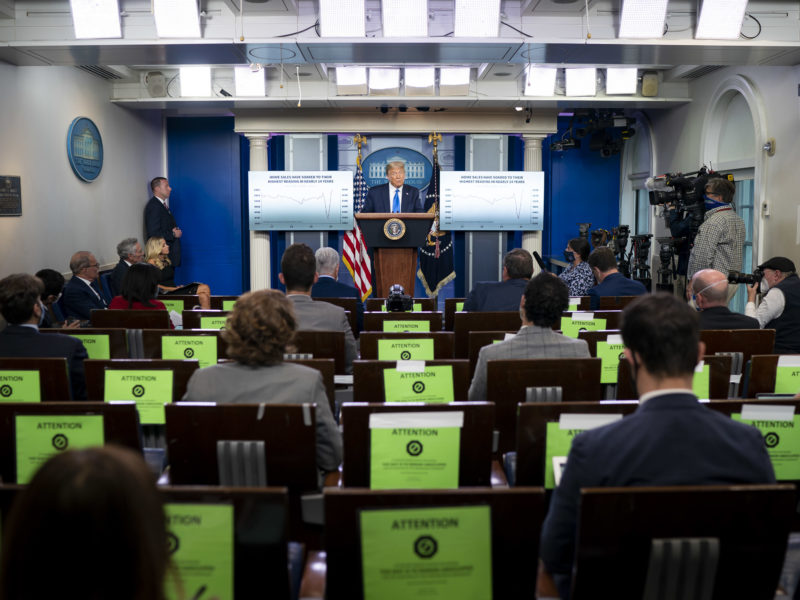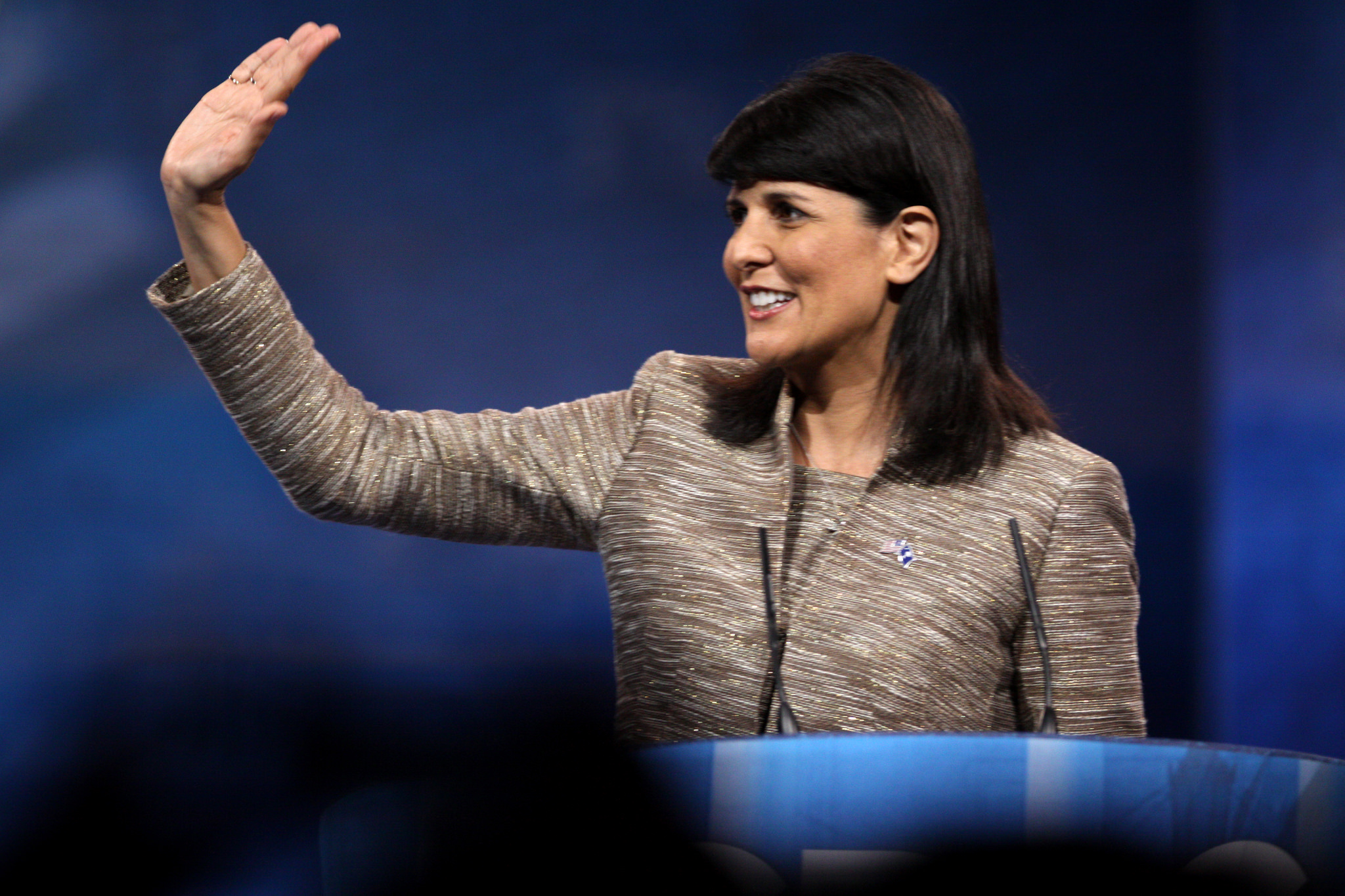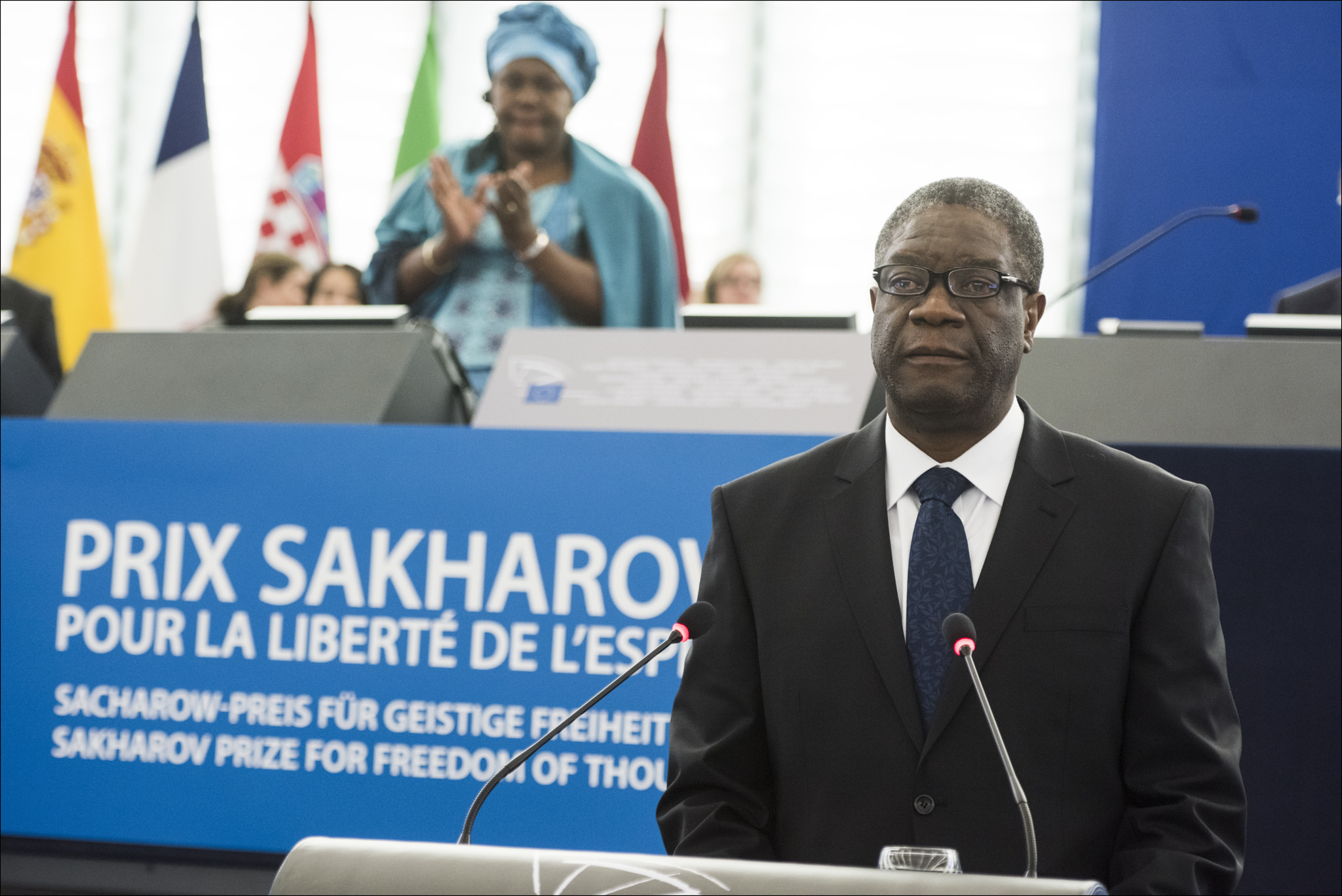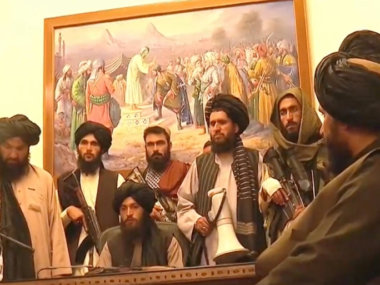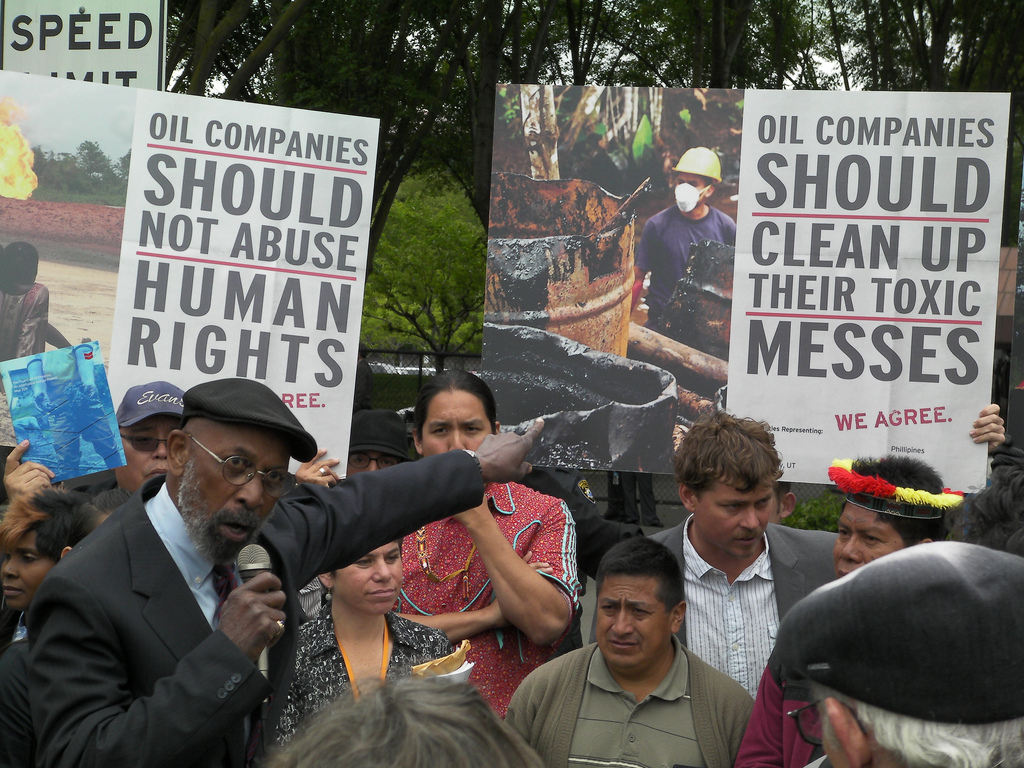Because of Donald Trump’s statements, and news that his campaign staff has been seeking ways to keep Trump in power if he gets fewer votes than Joe Biden, people have been pondering whether there might be a coup d’etat in the United States in November. Scholars have a term for what is being anticipated, but it is not coup d’etat. It is an autogolpe—a self-inflicted coup. A coup refers to the seizure of power by those who are not currently governing, usually involving the armed forces. Autogolpe is a Spanish word that describes situations in which those in power seize yet more of it.
The term came into vogue when incumbent President Alberto Fujimori seized more power in Peru in 1992. Though the effort was supported by Peru’s military, the work was done by Fujimori himself, who suspended elections. Since then, others have attempted autoglopes. Turkey’s President Tayyip Erdogan was threatened by a coup, but his response may have been an autogolpe as he has sought to repress any form of opposition, including democratic dissent. An on-going example is Hungary, where Viktor Orban and his Fidesz party have been undermining democratic institutions for more than a decade. (For movie fans, a fictional example is the Star Wars prequels, where the real bad guy, Sheev Palpatine, orchestrates multiple wars to distract people and convince them to give him emergency powers, which he uses to seize control of the Old Republic.)
Autogolpe, rather than coup, is the right word for what Trump and his people appear to be doing:
- gutting the postal service to counter the Democratic strategy of maximizing voting through the mail
- making plans for Republican officials to throw out voting results and have electors chosen by Republican-dominated legislators
- the use of the Department of Justice to repress protestors from only one side of the political system
Trump is a clear example of an incumbent seizing of power in a way that does not inherently involve the armed forces. These distinctions matter because it makes clear where the agency lies and what kinds of strategies actors can follow to prevent the seizure of power.
The key actors in autogolpes are the leader—often a president since presidentialism has long been seen as more vulnerable to declines into authoritarianism than other forms of democracy—and the legislature. The legislature often surrenders their powers to the leader or refuses to protect their own powers when the existing leader tries to usurp them. The armed forces are not nearly as important to an autogolpe. In a coup, the battlefield involves troops taking over television stations, radio stations, and similar outlets where military leaders seizing power have to demonstrate a fait accompli and convince the rest of the armed forces and security apparatus that they have already won. In an autogolpe, the battlefield are the institutions, where the existing leader gains more authority and weakens the ability of other actors in the system to check the leader.
Why do these definitions matter? Because they point to the processes that may tip the US into autocracy, and where proponents of democracy may need to make a concerted effort to stop it from happening. If the threat was a coup, the focus should be on the military and deterring or persuading the folks with the guns not to intervene. However, because the pathway towards authoritarian rule does not implicate the US military, focusing on the armed forces is a distraction. And for civil-military scholars, it is more than that, since discussion of the politicization of the US military tends to politicize the military.
On the other hand, if the threat is an autogolpe, then opponents need to figure out ways to prevent Trump from usurping power. This may mean putting pressure on state legislators to uphold their oaths to the state and national constitutions. It may mean funding and protecting journalists so they can reveal the plans before they are implemented. Mostly, it means trying to generate voter turnout. If the election provides relatively clear results, it will be far harder for an incumbent to deny the outcome. Trump has done much work to ensure the electoral results will be questioned. It will be up to the media and advocates and activists and lawyers to make sure that all votes are counted and to generate enough turn out that the outcome is clear. The aim must be to deny ambiguity about the votes and the outcome so that those aiming to keep Trump in power, irrespective of the election outcome, cannot disguise their subversion of the vote.
Autocrats often lose power when they hold an election that they then go on to lose. It may require significant mobilization to remove Trump if he, like aspiring autocrats before him, loses this election—think about the efforts to bring down Slobodan Milosevic. But it can be done.
Nothing is inevitable. Certainly not an autogolpe.

